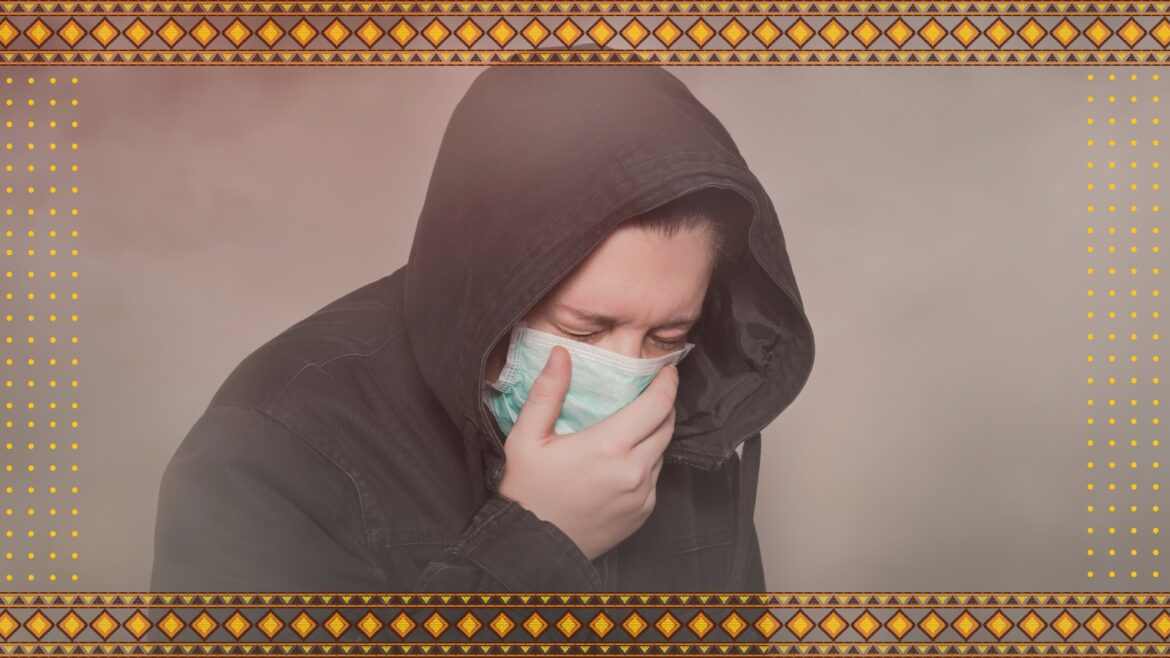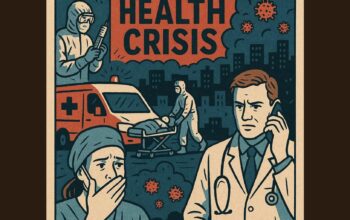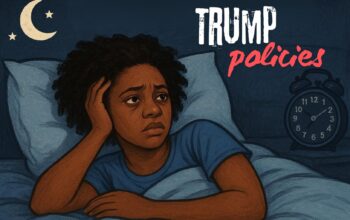by Kayla Benjamin
The District’s air quality broke records Thursday, hitting Code Purple because of fine particle pollution for the first time, the Metropolitan Washington Council of Governments said in a media advisory released that morning. Smoke from wildfires in Canada engulfed the Northeast U.S. this week, causing unprecedented levels of air pollution.
At some points during Thursday morning, parts of D.C. and the wider DMV region, particularly Baltimore, experienced air pollution levels at the Code Maroon, or “hazardous,” level — the highest possible category in the U.S. Air Quality Index. The region first hit the Code Red “unhealthy” level on Wednesday.
In a press conference Thursday morning, Mayor Muriel Bowser urged District residents to follow public safety recommendations to reduce exposure.
“We’re asking people to take heed,” Bowser said. “The basics of it are: If you don’t have to be outside, don’t be outside. If you do need to be outside, wear a mask.”
Specifically, people should wear an N95 or KN95 mask—cloth masks and surgical masks do not do anything to filter out the fine particles in smoke.
What Exactly Am I Breathing In?
Wildfire smoke contains particulate matter, or microscopic particles of solids and liquids in the air. This pollutant is driving high numbers for pollution on the Air Quality Index, which led to the Code Purple alert issued this morning. D.C. last experienced a Code Purple alert in 2012, but that was caused by high levels of ozone pollution; the city has never seen this level of particulate matter in the air.
“Larger particles often get filtered out in the upper airway,” explained Dr. Stephanie Lovinsky-Desir, a New York City-based pediatric pulmonologist. “You might notice a runny nose or sneezing and things like that. That’s our body’s defense to sort of filter out some of those larger particles.”
It may seem counterintuitive, but smaller particles — often referred to as “fine” or “ultrafine” particles — tend to pose more serious and long-lasting health risks, Lovinski-Desir said. That’s because they can get into people’s lungs and even bloodstreams.
How is the City Reacting?
D.C. Public Schools canceled all outdoor activities Wednesday and Thursday, including recess and sports games and practices. On Thursday, the National Zoo closed its gates to protect the safety of its animals, staff and guests.
The Department of Public Works announced that trash collection would be pushed back by one day, through Saturday. The D.C. Department of Parks and Recreation canceled its outdoor activities and closed its fields, playgrounds, and athletic courts.
The Washington Nationals also postponed its game against the Arizona Diamondbacks. Originally set for 1:05 p.m., Thursday. The game is now scheduled for June 22 at the same time.
Source: Published without changes from Washington Informer Newspaper




